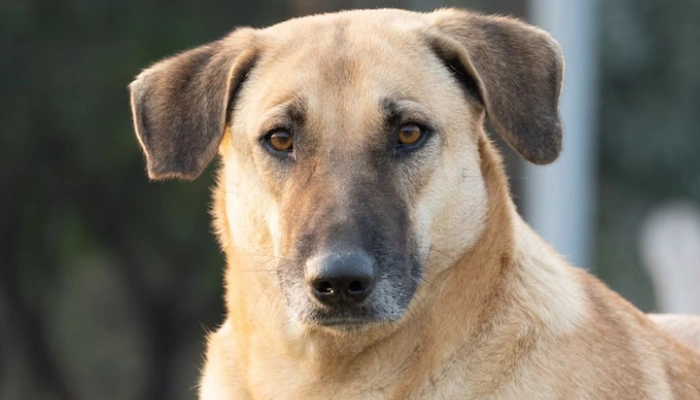Chinooks are intelligent, easygoing, and eager to please. They’re less stubborn than many other sled breeds and are known for their quiet, non-aggressive nature. They bond closely with their people and do not like to be left alone for long periods.
The thick double coat sheds seasonally and requires weekly brushing—more often during heavy sheds. The breed is rare and generally healthy but may be prone to certain inherited conditions, such as hip dysplasia or epilepsy, so reputable breeders are essential.







